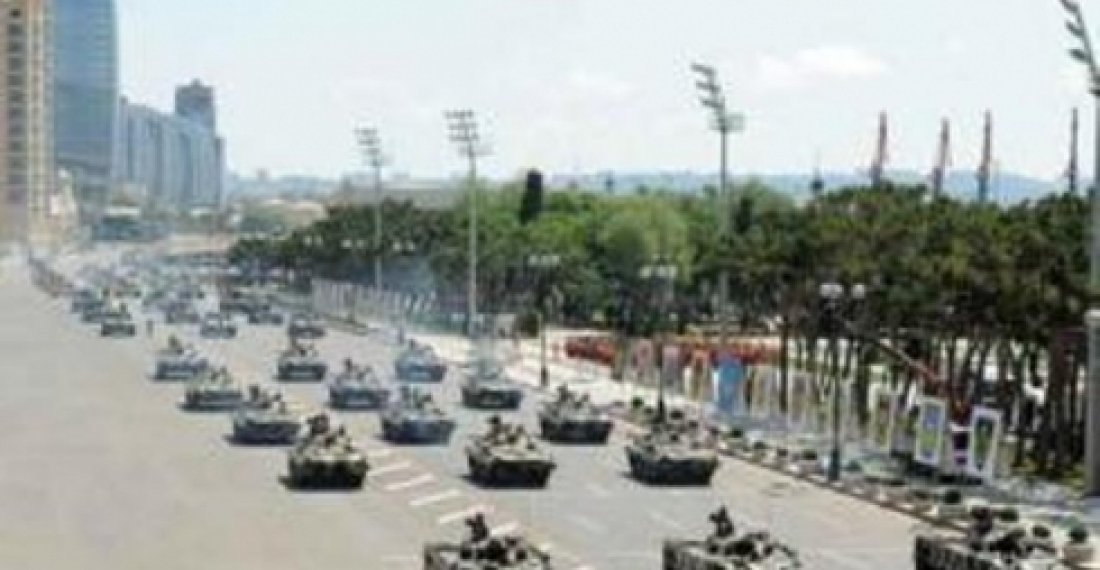Armenia and Azerbaijan have found themselves among the 10 countries with the highest levels of militarization in the world, according to the respected study "Global Militarization Index 2014", published by the Bonn International Center for Conversion (BICC).
The Global Militarisation Index (GMI) depicts the relative weight and importance of the military apparatus of one state in relation to its society as a whole. The update of the GMI 2014 is based on data from the year 2013 (i. e. the most recent year for which data has been available) and comprises 152 states.
In the 2014 GMI, Israel, Singapore, Armenia, Syria, Russia, Cyprus, South Korea, Jordan, Greece and Azerbaijan (rank 1 to 10) are amongst the ten countries with the highest levels of militarisation-three of which are situated in the Middle East, two in East Asia and the remaining five in Western and Eastern Europe. The high levels of militarisation in these countries are mostly the result of comprehensive arms purchases.
Armenia ranks 3rd and Azerbaijan 10th, in the index which has just been published. Russia remains the main supplier of arms to both countries.You can read the report in full in english here
Military expenditure in 2013 by Armenia reached $427 million, while expenditures in Azerbaijan grew to $3.4 billion, demonstrating the countries' focus on the Nagorno-Karabakh conflict in the South Caucasus.
While Azerbaijan has enjoyed economic prosperity thanks to a drastic increase in its oil revenues and boosted its military spending as well, Armenia showed only relatively moderate economic growth resulting in a comparably slow growth in military expenditures. However the report adds that "Azerbaijan and Armenia aim at comprehensive modernization activities for their outdated weapons systems for which they are highly dependent on Russian support, and that support is provided to both countries." It notes Russia, which holds fifth place in the index rank, delivers arms to both South Caucasian republics and has been pursuing a comprehensive military reform since 2008.
In a further development, Azerbaijan has just announced that its military budget for 2015 will be US$ 4.2 billion.
Source: commonspace.eu with BICC. BICC's Global Militarisation Index is supported by the German Federal Ministry for Economic Cooperation and Development (BMZ).
photo: Military tanks supplied by Russia on display at a recent military parade in Baku. (archive picture).







